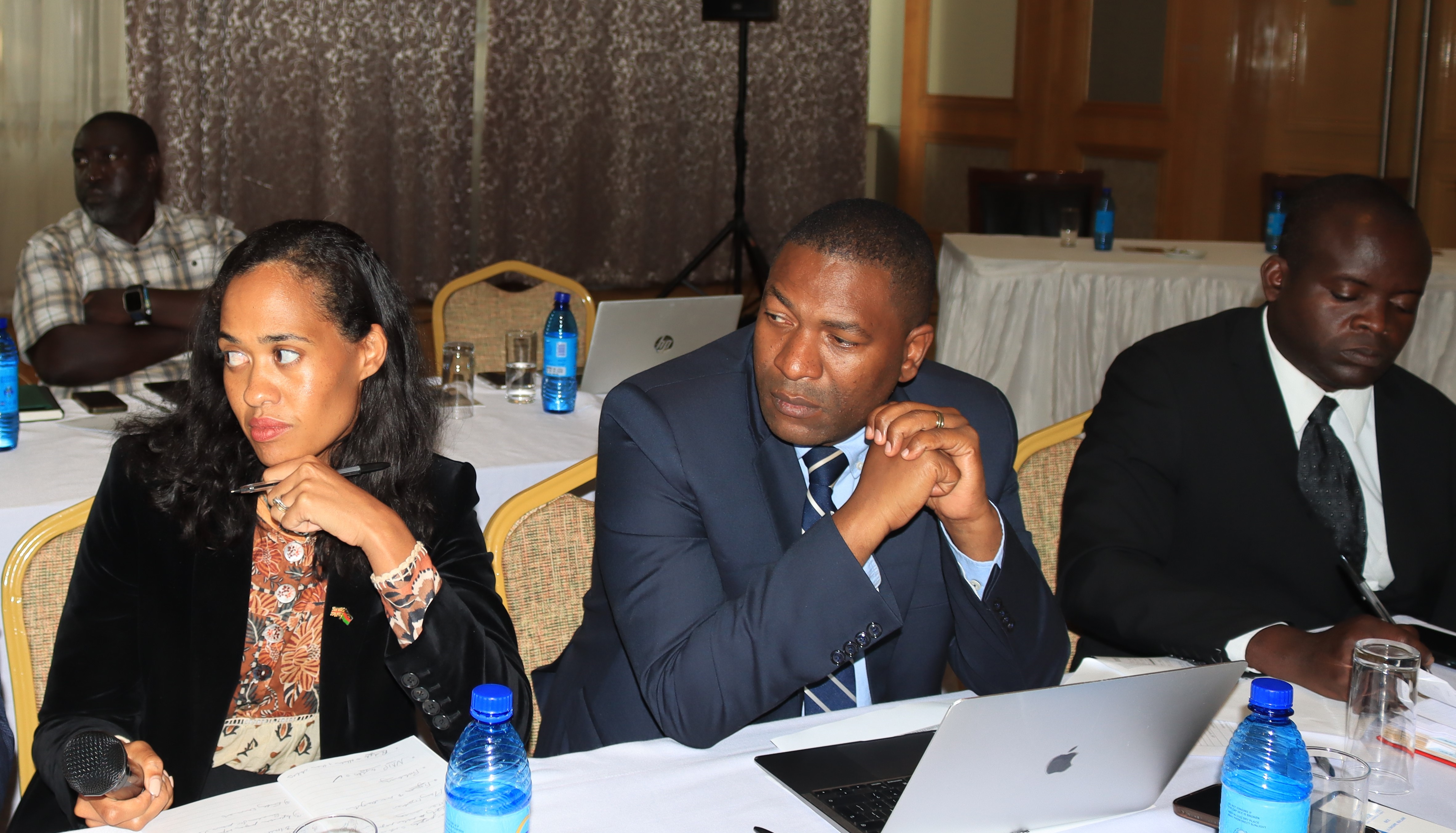
Tourism Sector in Malawi
On 19 April 2024, His Excellency President Lazarus Chakwera launched the Agriculture, Tourism, Mining (ATM) strategy as a game-changer to boost domestic revenue and socio-economic growth. The Government identified these anchor sectors as having the potential to contribute to the country’s economic growth within the Malawi 2063 Development Agenda, particularly the Implementation Plan (MIP-1) for the first 10 years from 2021-2030. Later, manufacturing was added in subsequent conferences, evolving the strategy to become ATMM....

